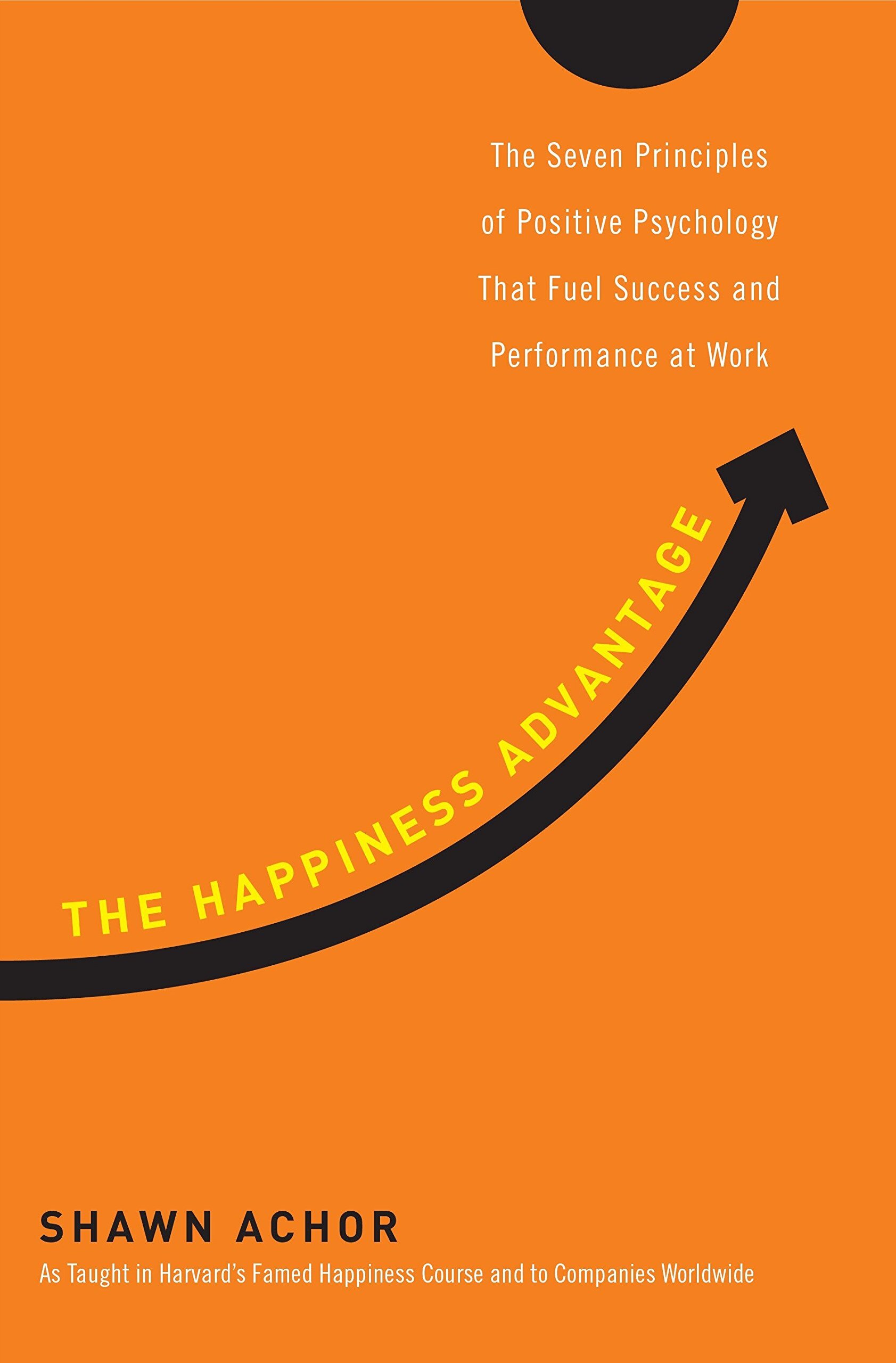The Happiness Advantage - Seven Principles of Positive Psychology That Fuel Success and Performance at Work
We hope that you enjoyed the overview of Covey’s 7 Habits of Highly Effective People.
This week, we are going to look at a new book, ‘The Happiness Advantage’ by Harvard Professor, Shawn Achor.
The gist:
Essentially, the book is written by a gentlemen from Harvard called Shawn Achor and is from the "Positive Psychology" school of thought. The premise of Positive Psychology is that 'regular' psychology focuses too much on those on those who suffering from mental health illness and not enough on improving those who are not. To me, the physical analog would be medical doctors and physiotherapists who tend to focus on ‘repairing’ people as compared to fitness instructors and personal trainers who predominantly focus on improving the health and performance of ‘able bodied’ people (although there is definitely crossover and some notable exceptions).
Back to the book...
Achor proposes that being happy isn't a symptom of success, it causes it. Hence the title of the book, "The Happiness Advantage". He proposes that by working on happiness, we can increase our chances of success.
The book goes through 7 principles based on the research that Achor conducted.
These are:
The Happiness Advantage
Positive emotions enable us to think better, be more creative and solve problems better.
The Fulcrum and the Lever
Being happy is not about lying to ourselves or ignoring the negative but it is about adjusting the way our brain sees things.
The Tetris Effect
We can choose what our brain focuses on and by focusing on the positive, we increase our happiness, gratitude and optimism.
Falling Up
If we are able to see failures as opportunities for growth, we are more likely to experience growth.
The Zorro Circles
Feelings of being in control are associated with greater success.
The 20-Second Rules
Creating good habits needs more than just willpower. We need to lower the activation energy required for good habits and raise it for bad habits.
Social Investment
The more social we are, the happier we are likely to be.
We'll go through each one over the next weeks.
Hope you join us to for the ride.
Photo by marchmeena29/iStock / Getty Images








